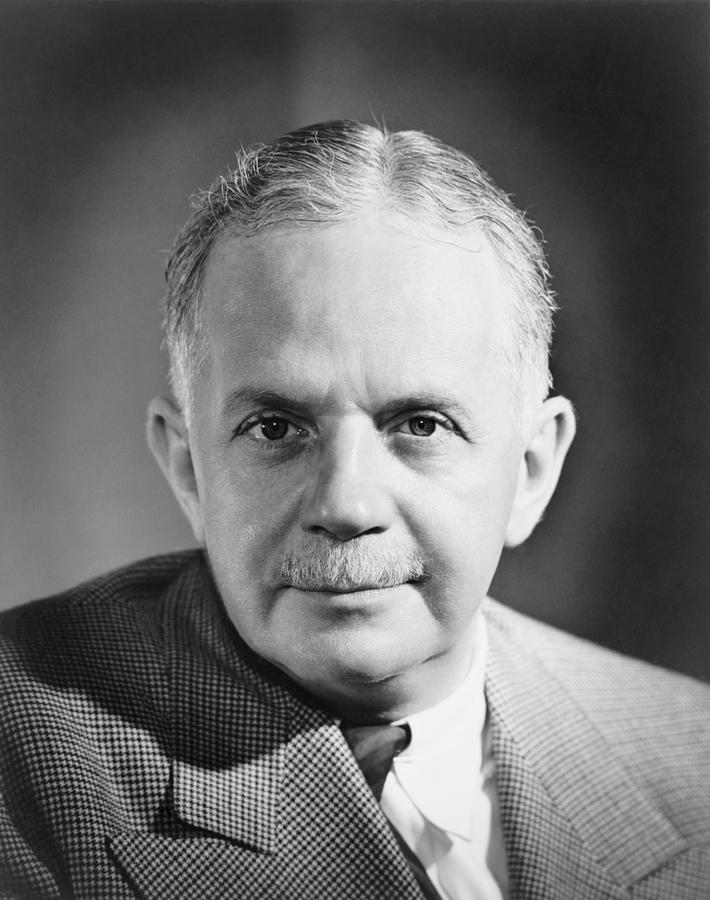| The guy who argued that torture is perfectly legal |
Last year, the Senate Select Committee on Intelligence put out its report on the use of torture by the CIA in the years after the 2001 attacks. The executive summary of the report runs more than 300 pages, not including the notes, and lays out in excruciating detail the process by which the CIA -- the Government in general -- decided to torture more than 100 people over three years, and the methods used in the torture.
I am most interested in how we decided to abandon our traditional values and our stated policies and laws to behave in such systematically depraved ways. As the Senate report makes clear, many people, even within the CIA (not the most squeamish of entities) were made physically sick by what the "special interrogators" were doing. All the way up the chain of command, CIA and White House people explained the legal and moral problems with these "enhanced" methods. FBI investigators tried to convince the CIA that torture was unnecessary and even counterproductive. So why did the program go forward?
There appear to be two basic answers. First, the Office of Legal Counsel, led by John Yoo, convinced leadership that the methods did not contravene international or US law. People in the position to decide were too cowardly to resist the argument that because we were attacked, we had the right to do whatever we wanted, and Yoo gave them bureaucratic cover. Once the Washington Post got wind of certain practices and threatened to report them, these craven, immoral government hacks panicked and went back to OLC to be reassured that they would not be held accountable for their actions. Yoo promised they would be OK.
Second, two sadistic creeps masquerading as psychologists misapplied training given them by the Air Force to act out their own sick fantasies of power. John Mitchel and Bruce Jessen had been taught how to resist certain nasty interrogation techniques in the Air Force SERE program, but used that training in the opposite way, to be nasty themselves. Mitchell, misunderstanding the consequences and applications of "learned helplessness," decided that they could be used to get information from prisoners.
| The two sadistic morons who conducted the CIA's torture program. |
Mitchell was wrong, not just morally but factually and theoretically. That makes him an idiot as well as a sadist. That Jessen went along only means he became sidekick to a fool -- and what does that make him?
Our system, though, is supposed to prevent small-minded men like these from coming to positions of sufficient power to commit the evil they did. That's where we failed.



